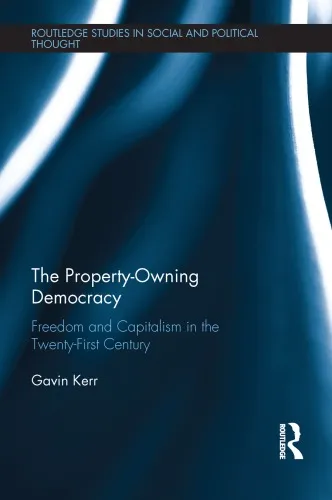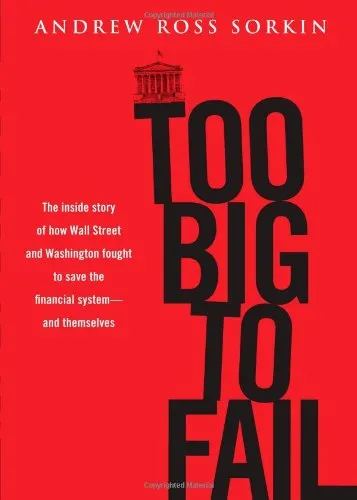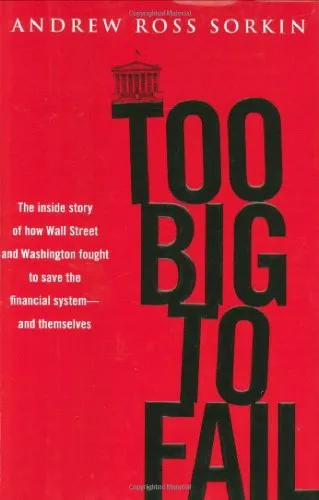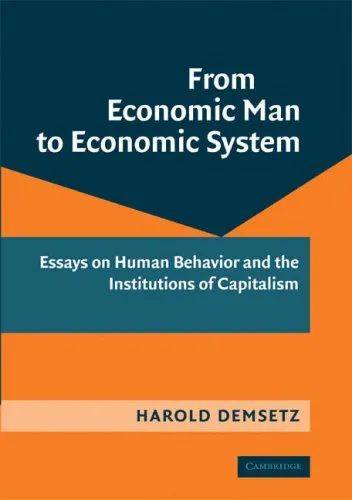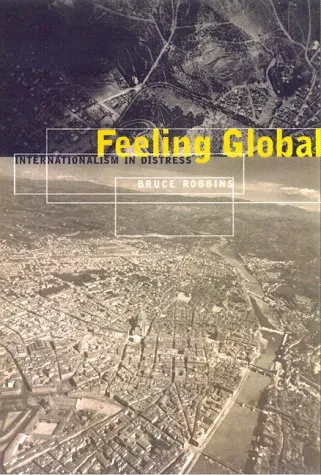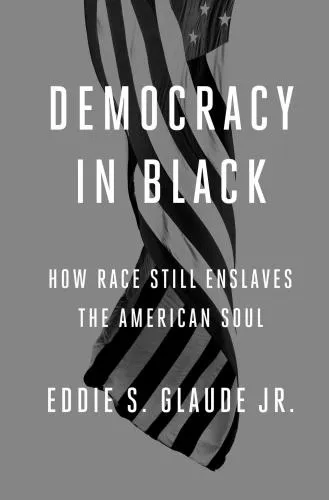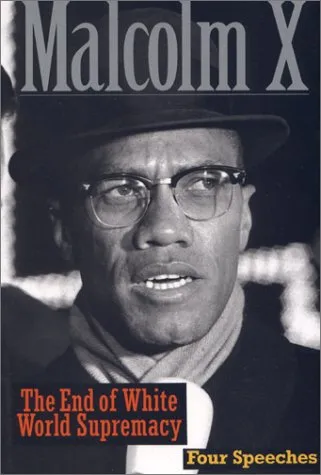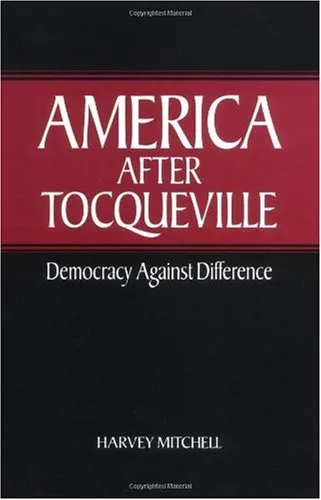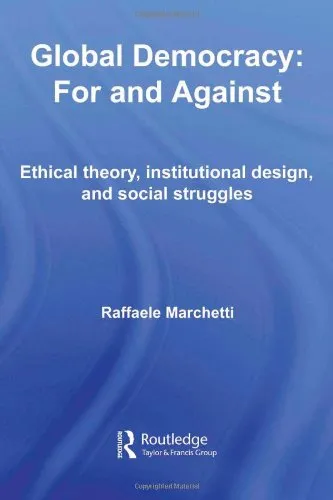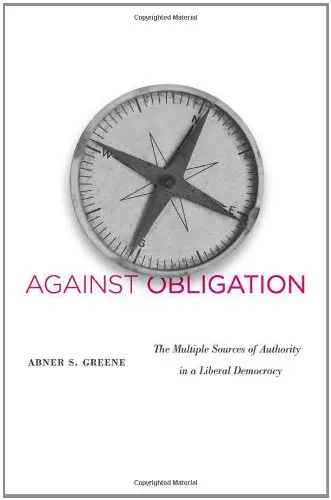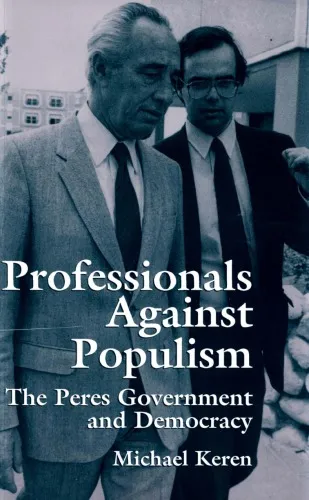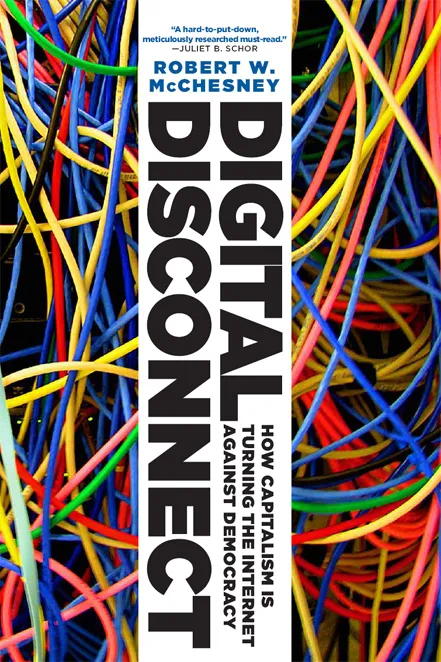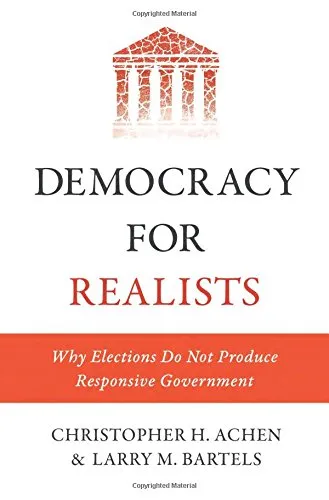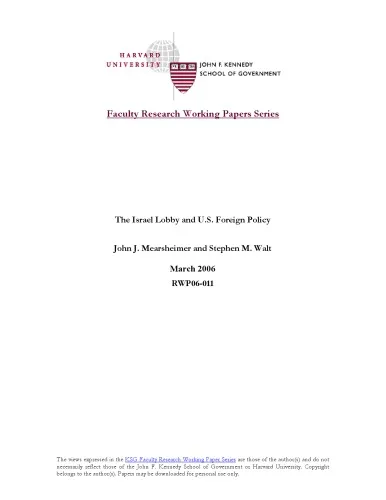The Property-Owning Democracy: Freedom and Capitalism in the Twenty-First Century
4.5
Reviews from our users

You Can Ask your questions from this book's AI after Login
Each download or ask from book AI costs 2 points. To earn more free points, please visit the Points Guide Page and complete some valuable actions.Related Refrences:
Introduction to 'The Property-Owning Democracy: Freedom and Capitalism in the Twenty-First Century'
In an era defined by economic inequality, corporate dominance, and political polarization, 'The Property-Owning Democracy: Freedom and Capitalism in the Twenty-First Century' explores the fundamental question of how wealth can be equitably distributed while preserving the foundational ideals of freedom, democracy, and a thriving capitalist system. Through a philosophical lens intertwined with practical economic frameworks, this book seeks to reimagine the relationship between individual liberty, social justice, and capital ownership in the modern age.
The core argument of the book is simple yet profound: democracy and free markets can only prosper when individuals are economically empowered to participate as equals. This is not merely a utopian vision but a realistic pathway for societies intent on avoiding the pitfalls of crony capitalism and inequity. By combining robust theoretical analysis with concrete policy suggestions, the book challenges conventional thinking while proposing a bold future for twenty-first-century democracies.
The work draws inspiration from intellectual heavyweights such as John Rawls, whose philosophy forms the groundwork for the idea of a property-owning democracy, as well as insights from political science, history, and sociology. The book is as much a call to action as it is a compass for policymakers, scholars, and citizens motivated to reshape capitalism toward a more progressive and inclusive model.
Detailed Summary of the Book
The book begins by addressing the growing disparity in wealth and opportunity that characterizes much of the contemporary global economy. It frames this problem within the context of widening inequality and its effects on individual freedoms, social cohesion, and democratic governance. The central thesis proposes that a property-owning democracy—where ownership of productive assets is widely distributed—is a necessary antidote to the concentration of wealth and power in the hands of a few.
Through a series of meticulously argued chapters, the book explores how property ownership can transform not just individual lives, but also the very functioning of democracy itself. The text traces the historical evolution of property ownership concepts, critiques existing economic models, and introduces strategies for implementing a property-owning democracy in modern capitalist societies. It emphasizes policies such as universal access to financial markets, expanding homeownership, tax reforms, and public investment in education as key steps toward this transformation.
While the arguments are deeply informed by scholarly theory, the book is remarkably accessible. Real-world examples are used to bridge the gap between academic ideas and practical application. By the end, readers are left with a compelling vision of what societies might look like if property ownership were democratized in a way that aligns with freedom and fairness.
Key Takeaways
- Economic inequality undermines democracy and individual freedom.
- A property-owning democracy ensures that wealth and productive assets are widely distributed across society.
- The book presents actionable policies, such as progressive taxation, financial market access, and universal education.
- Capitalism, when restructured toward inclusivity, can coexist with justice and democracy.
- The framework honors both individual liberty and collective responsibility, offering a middle road between socialism and unchecked capitalism.
Famous Quotes from the Book
"Freedom only flourishes when individuals are protected from the tyranny of concentrated wealth."
"True democracy cannot exist without economic empowerment, for without resources, one's voice cannot rise above a whisper."
"A property-owning democracy is not a utopia—it's the framework for a society in which freedom and equality coexist.”
Why This Book Matters
In a world grappling with unprecedented economic challenges, 'The Property-Owning Democracy: Freedom and Capitalism in the Twenty-First Century' offers a much-needed blueprint for a more equitable future. The book critiques the unsustainable nature of current economic systems while proposing a solution that aligns with democratic principles and free-market ideals. It addresses the fundamental imbalance between capital and labor and offers a vision for the redistribution of not just income, but opportunity and autonomy.
What makes this book particularly relevant is its practicality. Rather than simply diagnosing the symptoms of capitalism's ailments, it proposes actionable solutions rooted in both theory and evidence. It emphasizes that the challenges of inequality, political disenfranchisement, and societal division are interconnected and must be addressed holistically.
Whether you are a policymaker, an academic, or an engaged citizen, this book is a call to rethink how wealth and power are structured. It is an invitation to imagine a future where democracy is not undermined but strengthened by the equitable distribution of resources.
Ultimately, this book matters because it reminds us that freedom and justice are not incompatible with capitalism—they are its highest aspirations. To realize them, however, we must be willing to reimagine the foundational structures of our economies and societies.
Free Direct Download
You Can Download this book after Login
Accessing books through legal platforms and public libraries not only supports the rights of authors and publishers but also contributes to the sustainability of reading culture. Before downloading, please take a moment to consider these options.
Find this book on other platforms:
WorldCat helps you find books in libraries worldwide.
See ratings, reviews, and discussions on Goodreads.
Find and buy rare or used books on AbeBooks.
1481
بازدید4.5
امتیاز0
نظر98%
رضایتReviews:
4.5
Based on 0 users review
Questions & Answers
Ask questions about this book or help others by answering
No questions yet. Be the first to ask!
